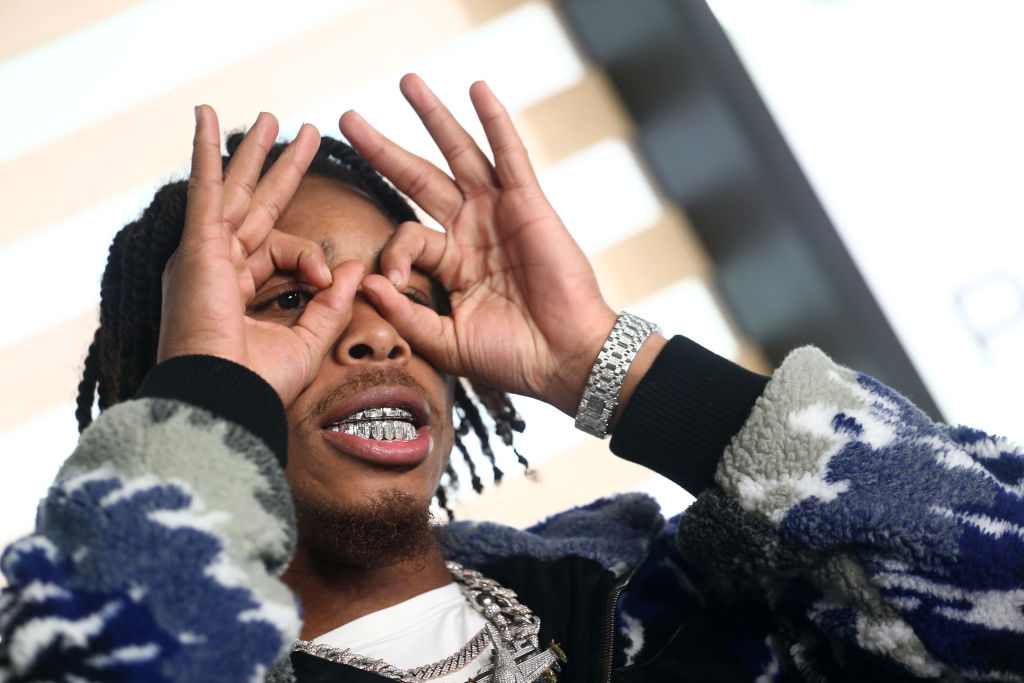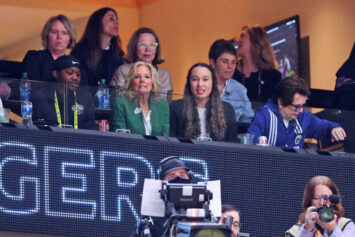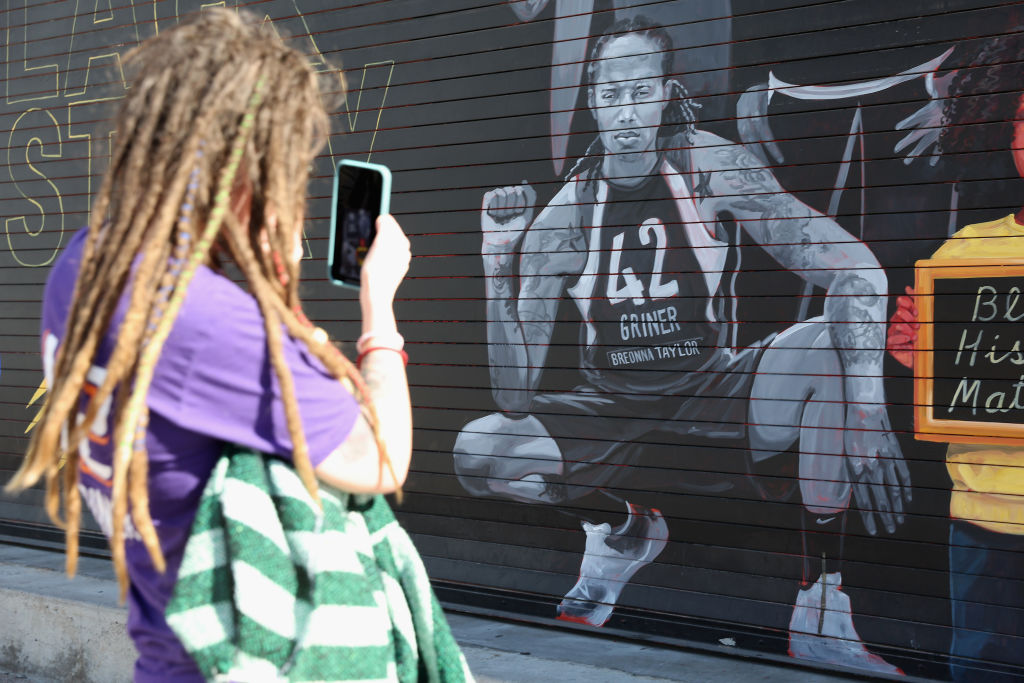Sha’Carri Richardson has captured the attention of the world.
After securing her spot in the Tokyo Olympics, Richardson then obliterated the competition in the 100-meter final at the U.S. Olympic track and field trials Saturday with a time of 10.86 seconds.
REMEMBER THE NAME.
Let us introduce you to the newest member of the U.S. Olympic Team: Sha'Carri Richardson.@usatf | #TrackFieldTrials21 x #TokyoOlympics pic.twitter.com/O2wvaRgI8X
— NBC Olympics & Paralympics (@NBCOlympics) June 20, 2021
However, more than her phenomenal achievement, America and the world were captivated by her confidence, swagger, and style, a combination of the Dallas, Texas culture rearing and being a 21-year old millennial.
Richardson, who had a brief college stint at LSU, where she won a national title, will join Tokyo a pair of other Olympic newcomers: Javianne Oliver and Teahna Daniels, who finished second and third, respectively.
"I'm highly blessed and grateful… My family is my everything. My everything until the day I'm done."
Sha'Carri Richardson with so many emotions after earning a spot on the U.S. Olympic Team.@usatf | #TrackFieldTrials21 x #TokyoOlympics pic.twitter.com/8ujBpBSwVC
— NBC Olympics & Paralympics (@NBCOlympics) June 20, 2021
The U.S. has not won Olympic gold in the women’s 100 since 1996 when Gail Devers claimed her second in a row. But the 5-foot-1 Richardson is without question the country’s next best shot.
However, instead of holding her up high as an American treasure, she is being dissected, probed, fetishized, and made into a cultural spectacle.
Unapologetic Blackness will never be standard in the world’s current state. From Claressa Shields’ fearless boasts to Floyd Mayweather’s brand ownership, Blackness, Inc. is lucrative stock when positioned as sports entertainment.
Icons.
Sha'Carri Richardson pays tribute to legend Carmelita Jeter as she advances to the women's 100M finals.#TrackFieldTrials21 | #TokyoOlympics pic.twitter.com/JkLPI6QaLt
— On Her Turf (@OnHerTurf) June 20, 2021
The greatness of the exceptional Black athlete is always secondary to their style or perceived brashness if their personality type exudes confidence.
Historically, Black people are perceived as superhumans. Black women are presumed to feel no pain or not the same as their other racial counterparts. Black male athletes are supposed physical wunderkinds who haven’t earned their talent through hard work and dedication; just straight genetics.
Sha’Carri Richardson rolled unwittingly into that stereotype, and even within the culture, phrases like Black Girl Magic reinforce it. Black culture has a bullhorn attached to it that sounds ever more loudly through social media, culture convergence, gentrification, and more.
"I just want the world to know that I'm THAT girl." 💥
@itskerrii with this ENERGY.#TrackFieldTrials21 | #TokyoOlympics
📺 NBCSN pic.twitter.com/xh0535JfLw
— On Her Turf (@OnHerTurf) June 20, 2021
While we celebrate that Sha’Carri can be herself culturally even when the spotlight is most extraordinary, we forget that the white gaze corrupts her success if it is the prevailing narrator.
As we celebrate Sha’Carri and any other unapologetic Black athlete, remember not to internalize the narrative. Placing focus on her long nails, colorful hair, bi-sexuality, or regional dialects takes away from the core of what makes her attractive: she is a phenomenal athlete earning her way into history.



